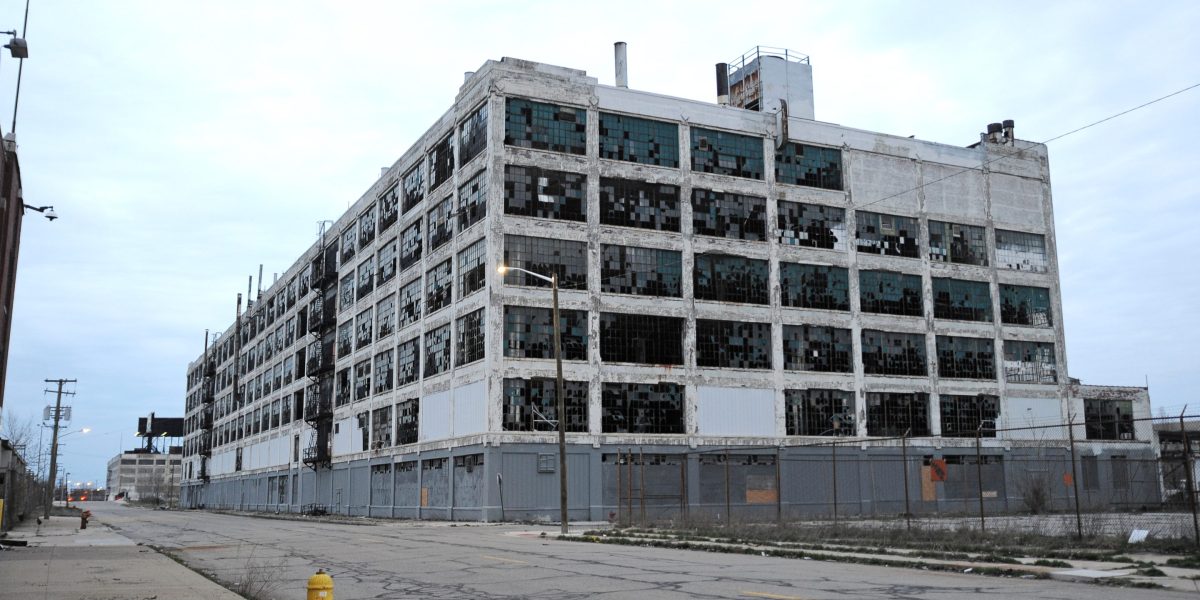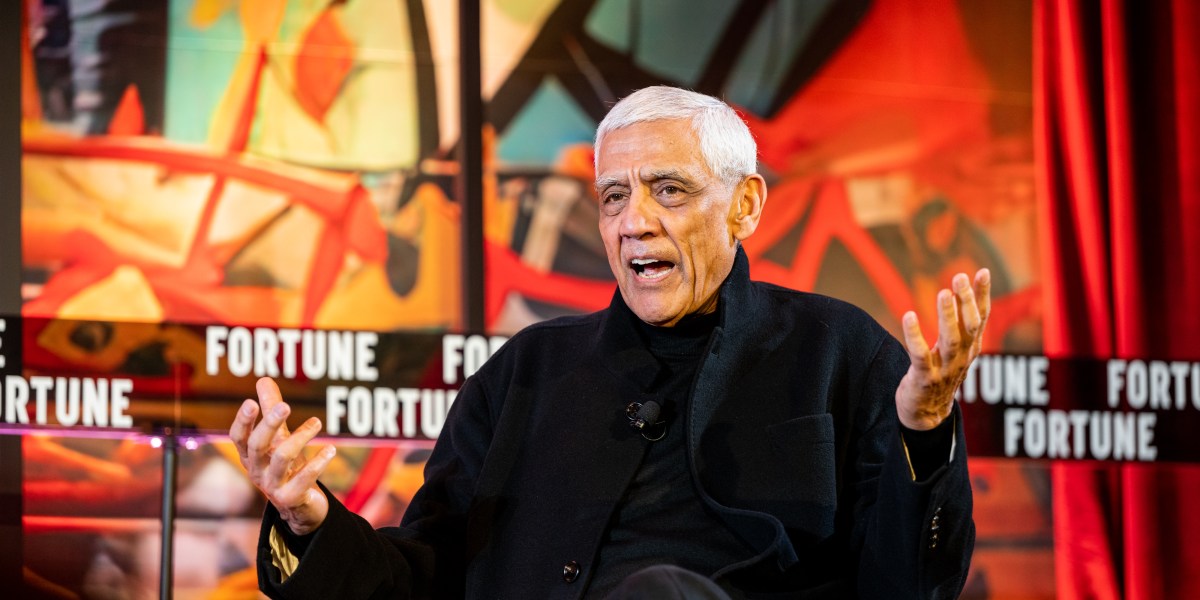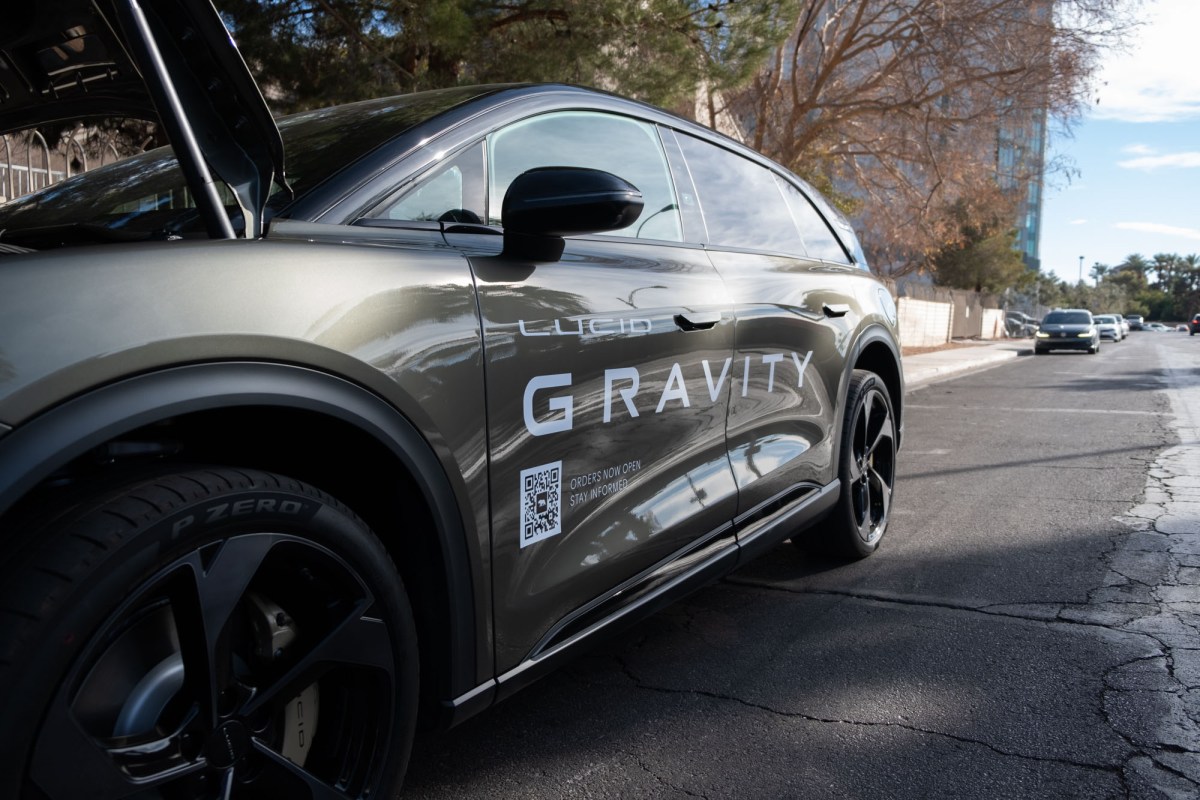

- Foreign competition’s role in the loss of Rust Belt jobs has been overstated in the political debate over U.S. manufacturing, according to Middlebury College professor Gary Winslett, who instead pointed to interstate competition, namely the rise of Southern states as favorable places for companies to put factories.
Politicians from both sides of the aisle have ignored some “uncomfortable truths” as the Rust Belt has hemorrhaged manufacturing jobs over the years, according to Middlebury College professor Gary Winslett.
In particular, he highlighted the narrative that China, Mexico and other countries grew their manufacturing employment via trade deals at the expense of the U.S.
“It’s a politically convenient tale for courting voters in key swing states, pining for the way things once were,” Winslett wrote in a Washington Post op-ed on Wednesday. “The problem is that it’s not true — and it is leading to some terrible policy decisions.”
To be sure, overall U.S. manufacturing employment has been in decline for decades. After peaking at nearly 20 million in 1979, it was at 12.8 million last month, according to Labor Department data compiled by the St. Louis Fed. And as a share of total nonfarm employment, manufacturing jobs have been in decline since 1953 as the economy has evolved to more service-oriented growth.
Meanwhile, separate research from the Economic Policy Institute has shown that the U.S. lost more than 5 million manufacturing jobs from 1998 to 2021 as the trade deficit in manufactured goods with China, Japan, Mexico, the European Union, and other countries grew deeper.
But Winslett see factors closer to home.
“A big missing part of the story: Interstate competition,” he wrote. “The Rust Belt’s manufacturing decline isn’t primarily about jobs going to Mexico. It’s about jobs going to Alabama, South Carolina, Georgia and Tennessee.”
Citing data from the World Trade Organization, he said the Rust Belt accounted for nearly half of all U.S. manufacturing exports in 1970 vs. less than a quarter for the South. Today, those regions have switched places.
In fact, Alabama, which produces more than 1 million vehicles a year, is the No. 1 auto-exporting state, after not having a single auto plant as recently as 1992, he said.
Winslett attributed the role reversal to conditions in Southern states that are more business friendly, including right-to-work laws, cheaper electricity, more housing construction, lower taxes and easier permitting.
Immigration has also helped the South, which now has more immigrants than any other part of the country while the Midwest has the fewest, he added.
In addition, automation has contributed to the decline of manufacturing employment as well, Winslett pointed out, meaning that reshoring factories today wouldn’t produce a big surge in jobs.
“But even accounting for this technological shift, it is the ongoing competition between states, far more than globalization, that has reshaped American manufacturing, creating uncomfortable truths that neither party wants to acknowledge,” he explained.
For example, Republicans like President Donald Trump have pitched tariffs as the key to restoring Rust Belt factory jobs, without acknowledging the jobs that went to the South.
On the other side, Democrats prefer to blame globalization than interstate competition and won’t acknowledge deregulation, right-to-work laws, and lower energy costs, Winslett said.
“Both parties prefer simple villains, whether it’s China or greedy corporations,” he concluded. “But what’s needed isn’t more warm fuzzies about the way things used to be or globalization scapegoating. It is a clear-eyed approach that understands why companies choose Alabama over Ohio and that embraces the choices made by Southern states.”
This story was originally featured on Fortune.com








